Engineers solve problems. These problems that you want to solve affect us now and in the future, and are multidisciplinary at the core. The future doesn’t fit neatly into single disciplines, and tomorrow’s engineers shouldn’t either. No matter what you choose to study, you will be where innovation happens.
Success starts with flexibility
Your engineering undergraduate degree will prepare you for many career and academic opportunities. We want to provide you with all the tools and flexibility you need to succeed as an engineer.
The Engineering Disciplines
Aerospace & Mechanical Engineering
Design and build unique, complex mechanical-optical-electronic (mechoptronic) systems, ranging in scale from the International Space Station to microscale electric generators and pumping systems.
Astronautical Engineering
Design, build and operate rockets and missiles, space launchers, communications and direct broadcasting satellites, space navigational systems, remote sensing and reconnaissance satellites, space vehicles for human spaceflight, and planetary probes.
Biomedical Engineering
Combines elements of engineering (electronics, systems analysis, mechanics) with the life sciences (biology, physiology, biochemistry) to define and solve problems in biology and medicine.
Chemical Engineering
Design, Control and optimize large-scale chemical, physicochemical and biochemical processes. Assist to develop and design new materials ranging from advances composites used in automotive and space-related industries to materials used in biomedical and electronics fields.
Civil & Environmental Engineering
Create, construct, and manage the infrastructure systems we use in our everyday lives: transportation, water, power distribution, waste disposal, environment, and residential, industrial, and commercial structures.
Computer Science
Design and implement efficient software solutions to computer-solvable problems. Develop areas such as high-speed networks, multimedia and creative technologies, systems design, virtual reality, data science, artificial intelligence, machine learning, and robotics.
Electrical & Computer Engineering
Design and build unique, complex mechanical-optical-electronic (mechoptronic) systems, ranging in scale from the International Space Station to microscale electric generators and pumping systems.
Industrial & Systems Engineering
Industrial and systems engineers work to improve processes, systems, and organizations. An industrial and systems engineering education provides the skills and foundations to design, analyze, and optimize complex systems.

